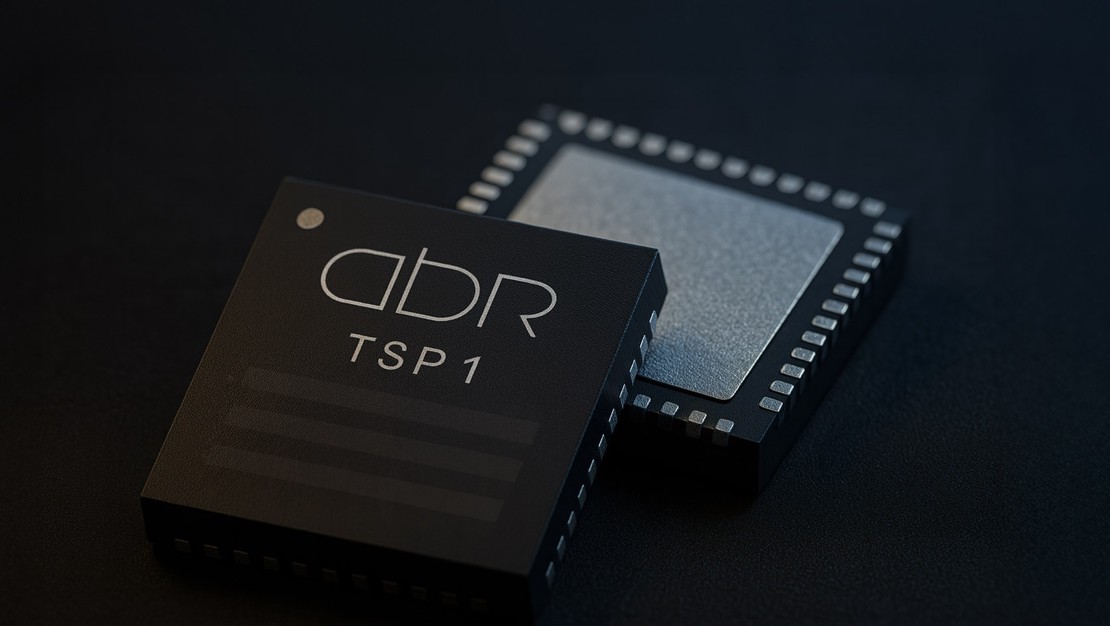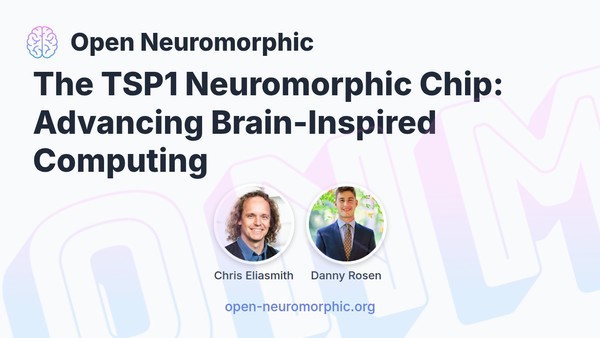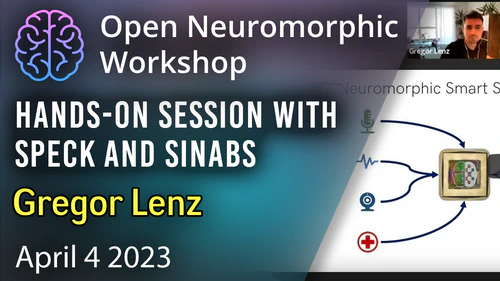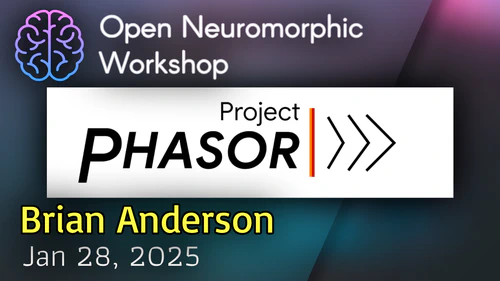
About This Workshop
Join us for an exciting workshop featuring Dr. Chris Eliasmith as he presents the TSP1 neuromorphic chip, a cutting-edge hardware platform developed by Applied Brain Research. This event will provide insights into how neuromorphic computing can bridge the gap between artificial intelligence and biological neural systems.
What You’ll Learn
In this workshop, Dr. Eliasmith will cover:
- The TSP1 Architecture: An overview of the TSP1 chip’s unique design and capabilities
- Brain-Inspired Computing: How the TSP1 embodies principles from neuroscience to create efficient, low-power computing solutions
- Real-World Applications: Practical use cases where neuromorphic hardware like TSP1 excels, including edge computing, robotics, and adaptive systems
- Integration with Nengo: How the TSP1 chip works seamlessly with the Nengo neural modeling framework
- Performance and Efficiency: Comparisons with traditional computing architectures and insights into power consumption and speed
About the TSP1 Chip
The TSP1 (Temporal Semantic Pointer 1) is a neuromorphic processor designed to efficiently implement the Neural Engineering Framework (NEF) and Semantic Pointer Architecture (SPA). Developed by Applied Brain Research, the TSP1 chip represents a significant advancement in brain-inspired computing hardware, offering:
- Ultra-low power consumption suitable for edge deployment
- Real-time processing of complex neural computations
- Scalable architecture for building large-scale brain models
- Native support for temporal dynamics and structured representations
This hardware platform enables researchers and developers to deploy sophisticated cognitive models and neural networks in real-world applications where power efficiency and real-time performance are critical.
Who Should Attend
This workshop is ideal for:
- Researchers in neuromorphic computing and computational neuroscience
- Engineers working on edge AI and embedded systems
- Developers interested in brain-inspired computing platforms
- Students exploring neuromorphic hardware and neural modeling
- Anyone curious about the future of efficient AI computing
Prerequisites
No specific prerequisites are required, though familiarity with neural networks and basic neuroscience concepts will enhance your understanding. Prior experience with Nengo is helpful but not necessary.
Resources
Registration
Registration details and the event link will be announced soon. Stay tuned for updates on how to join this exciting workshop!
This workshop is part of the Open Neuromorphic community’s ongoing series to showcase cutting-edge neuromorphic hardware and software platforms.

Upcoming Workshops
Inspired? Share your work.
Share your expertise with the community by speaking at a workshop, student talk, or hacking hour. It’s a great way to get feedback and help others learn.





